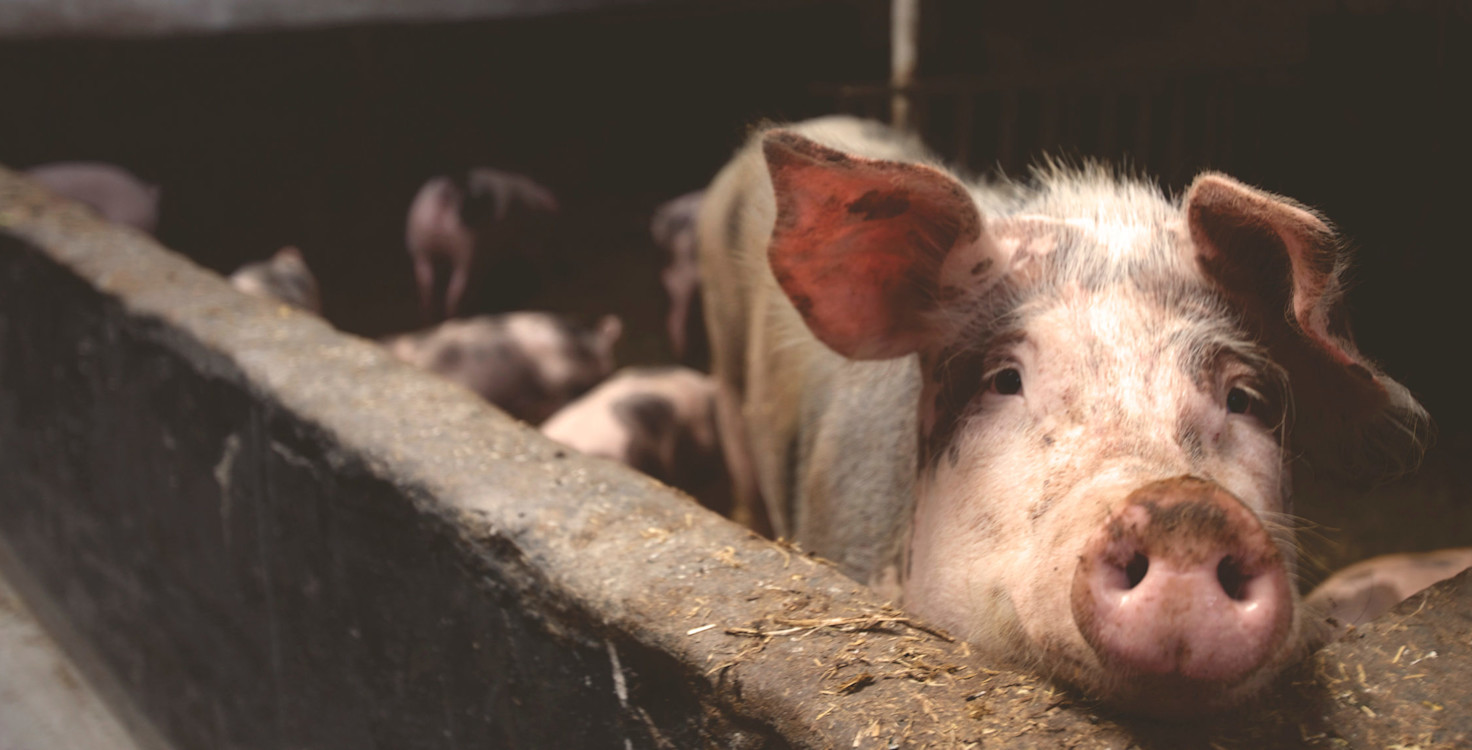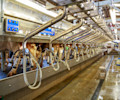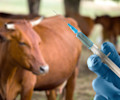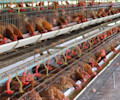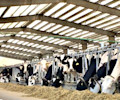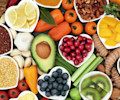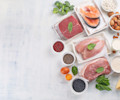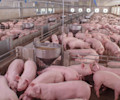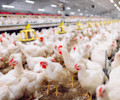(23 Jan 2017 London), UK food companies Cranswick, Marks & Spencer, Noble Foods and Waitrose have attained the highest marks for their management and reporting on farm animal welfare in the global Business Benchmark on Farm Animal Welfare (BBFAW) report, launched today at Morgan Stanley in New York. Now in its fifth year, the BBFAW provides an annual review of how 99 of the world’s leading food companies are managing risks and opportunities associated with farm animal welfare.
FAIRR welcomes BBFAW as a groundbreaking tool that investors can use to integrate farm animal welfare issues into their investment process. It helps investors both understand which global food giants are taking animal welfare management seriously and provides a useful tool for engagement. Several FAIRR members may now raise poor performance in the benchmark with laggard companies. This can be an effective way for investors to influence positive change in the sector.
The BBFAW report, which is compiled in collaboration with leading animal welfare organisations Compassion in World Farming, World Animal Protection and investment firm Coller Capital, reveals that companies are paying increased attention to farm animal welfare within their supply chains. For example:
73% of companies have now published farm animal welfare policies (compared to just 46% in 2012);
65% of companies have published targets on farm animal welfare (up from 26% in 2012);
However, 42 out of the 99 companies are ranked in the bottom two tiers of the benchmark. These include global food companies such as Domino’s Pizza Group and Starbucks Corporation.
This year, 13 companies occupy leadership positions in the Benchmark’s top two tiers. These companies demonstrate strong commitments to farm animal welfare and have established management systems and processes. They include Coop Group (Switzerland), Cranswick, Marks & Spencer, Migros, Noble Foods and Waitrose in Tier 1, and BRF, Cargill, Co-op (UK), Greggs, McDonald’s, Tesco and Unilever in Tier 2.
The report also highlights the important role being played by institutional investors in driving improvements in animal welfare practice and process across the food industry.
Jeremy Coller, Founder of Coller Capital and the FAIRR (Farm Animal Investment Risk & Return) Initiative said:<br />“From farms to fast food chains, global investors want well managed, forward-thinking food companies — and the Benchmark is an essential tool to help investors identify such corporate leaders. For many investors, a company’s disclosure of farm animal welfare practices offers a valuable insight into the wider quality of corporate management.
“It’s very encouraging this year that 26 companies have risen up the Benchmark. That suggests a critical mass is building in the food sector to improve farm animal welfare management practices. The 42 companies in the bottom two tiers of this year’s Benchmark need to up their game in this vital area. The market is changing rapidly with consumers demanding higher welfare standards, regulators introducing tougher laws in areas such as antibiotic use, and investors driving change through new initiatives like FAIRR.
“In the last year alone, for example, investors managing over $1trillion of assets have joined the FAIRR (Farm Animal Investment Risk & Return) Initiative to understand more about how an issue like poor farm animal welfare management poses a material risk to portfolio value. Food companies with strong animal welfare practices are well-placed to capitalize on these trends, while those that fail to respond to this shifting market dynamic risk falling behind the curve.”
-Ends-
Notes to editors:
For more information or for exclusive interviews please contact:
Yasmine Svan, ESG Communications
t: +44 (0)7598 148296 | e: yasmine@esgcomms.com
The Business Benchmark on Farm Animal Welfare (BBFAW) — now in its fifth year — has been designed to encourage higher farm animal welfare standards across the food industry. Read the full report here.]
The Benchmark is the first global measure of farm animal welfare management, policy commitment and disclosure in food companies and is designed for use by investors, companies, NGOs and other stakeholders interested in understanding the relative performance of food companies in this area. More information on the programme can be found at bbfaw.com.
In total, 99 companies were included in the 2016 assessment; 12 more than in 2015. The companies represent three primary food business sectors: (a) food retailers and wholesalers; (b) restaurants and bars (a category that includes many of the food service providers), and (c) food producers and manufacturers. The list includes listed and non-listed companies (private companies, partnerships and co-operatives).
Coop Group (Switzerland), Marks & Spencer, Noble Foods, and Waitrose retain their Tier 1 position and are joined by Cranswick and Migros, which have climbed one place from Tier 2.
In Tier 2 for the second year running are The Co-operative Food (UK), Unilever, and McDonald’s. BRF, Greggs and Tesco join the Tier for the first time, climbing one place from Tier 3, and Cargill which joins the Tier having climbed two tiers from Tier 4.
The 26 companies that have moved up at least one tier since 2015 are: ABF, Aldi Nord, Arla Foods, BRF, Camst, Cargill, Carrefour, Costco Wholesale, Cranswick, Danish Crown, Ferrero, Greggs, Lidl, Loblaw, Mars Inc, Metro, Migros, Mitchells & Butlers, MondelÄ“z International, Premier Foods, SSP Group, Sysco Corp, Tesco, Wm Morrison, Vion Food Group, Wendy’s.
Companies were measured on their approach to managing farm animal welfare in four areas: (1) Management Commitment and Policy, (2) Governance and Policy Implementation, (3) Leadership and Innovation, and (4) Performance Reporting and Impact. The assessments were based on information published by companies.
